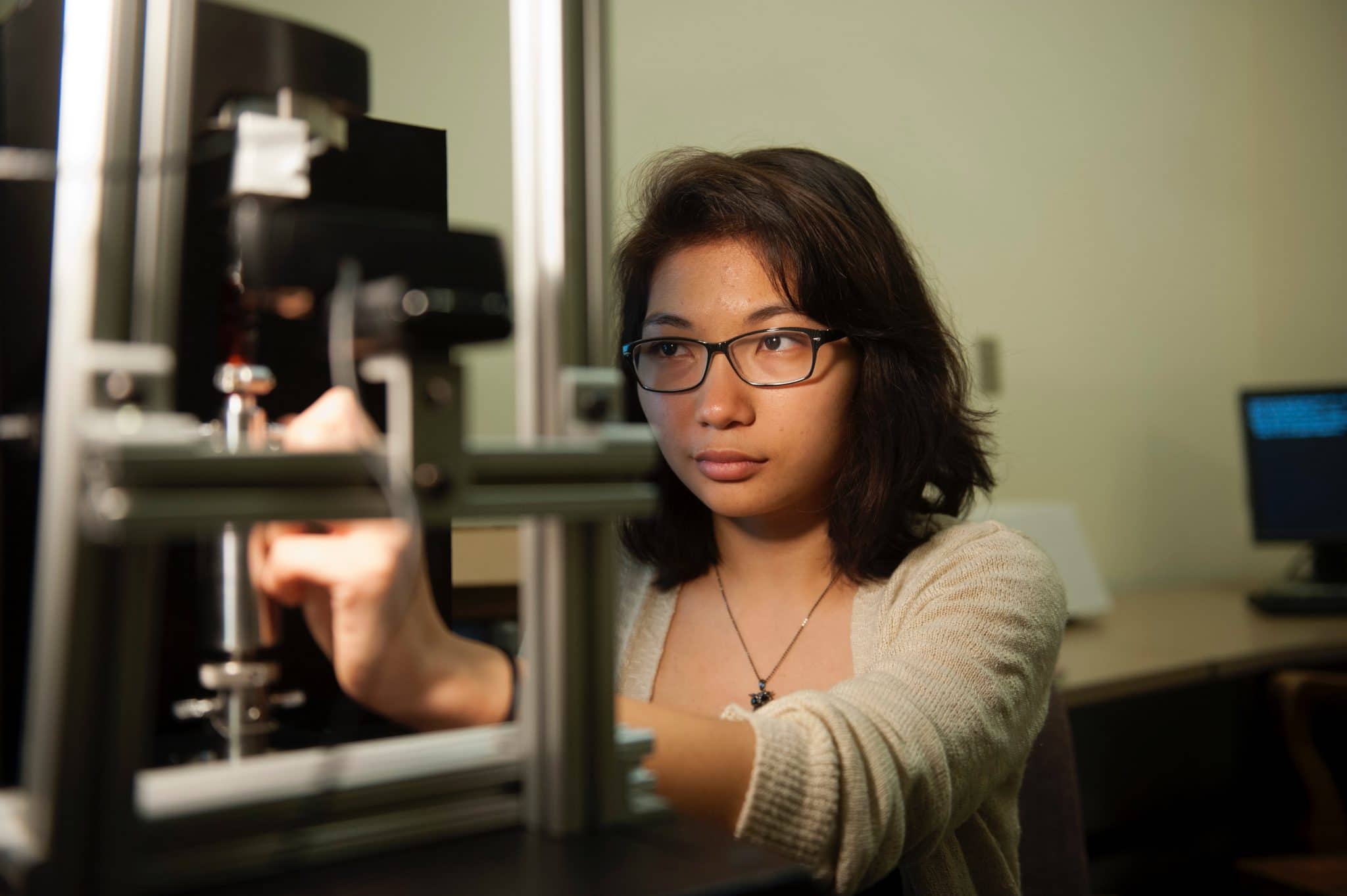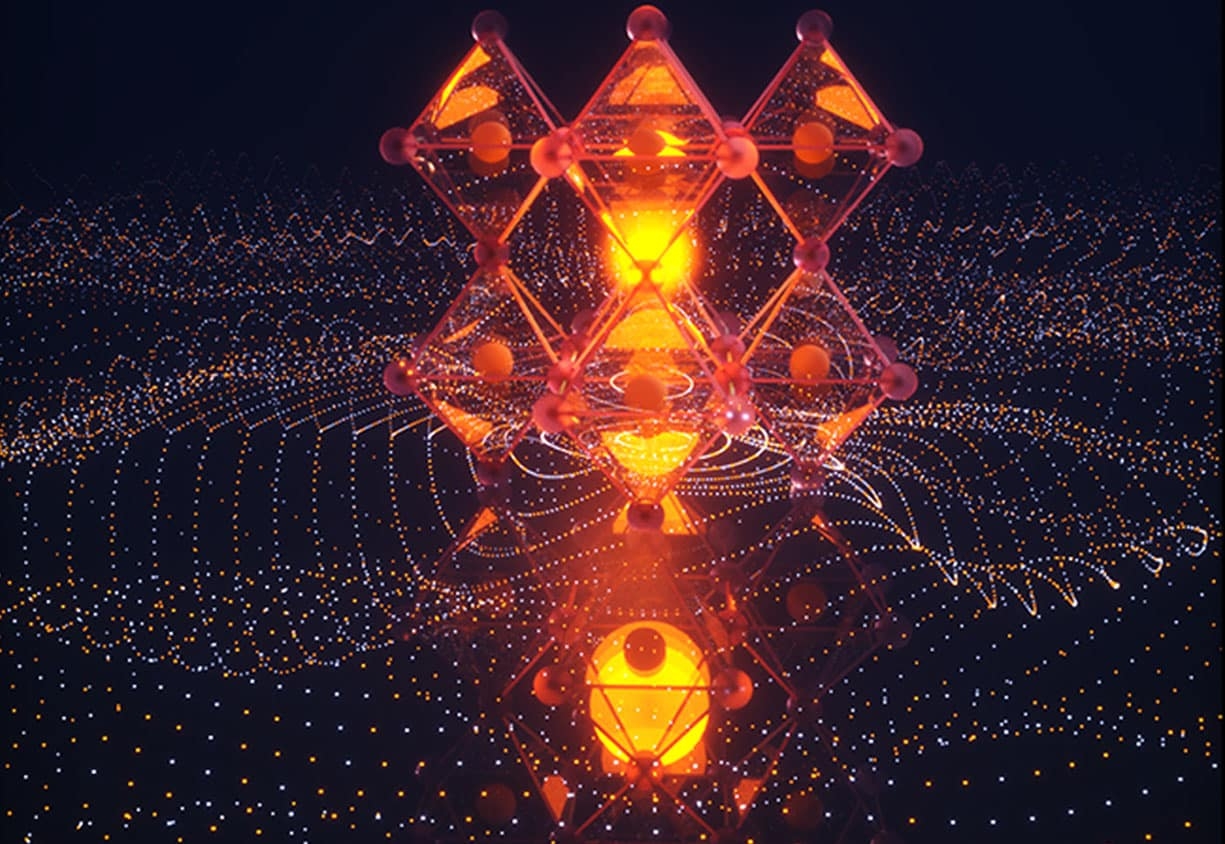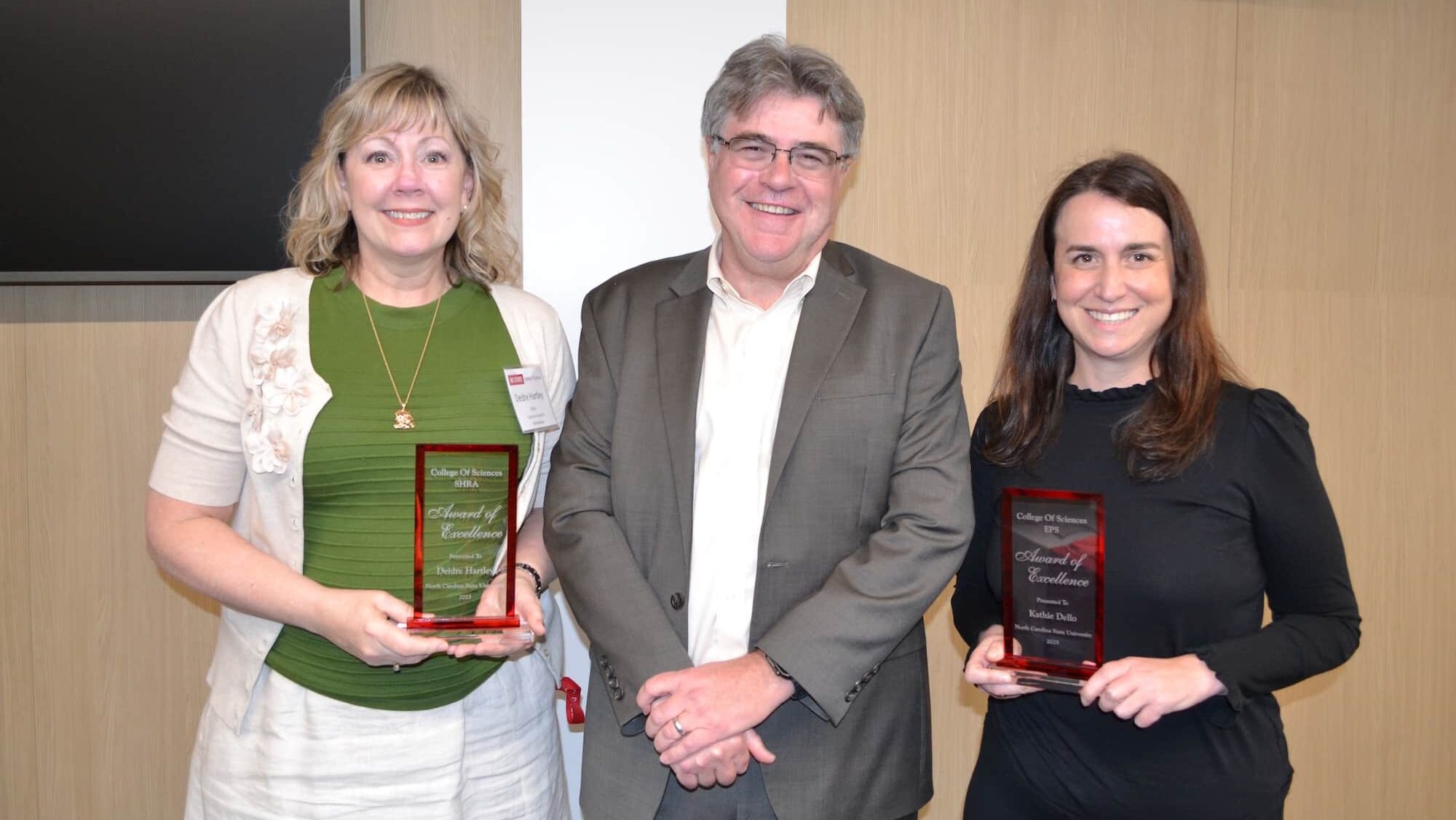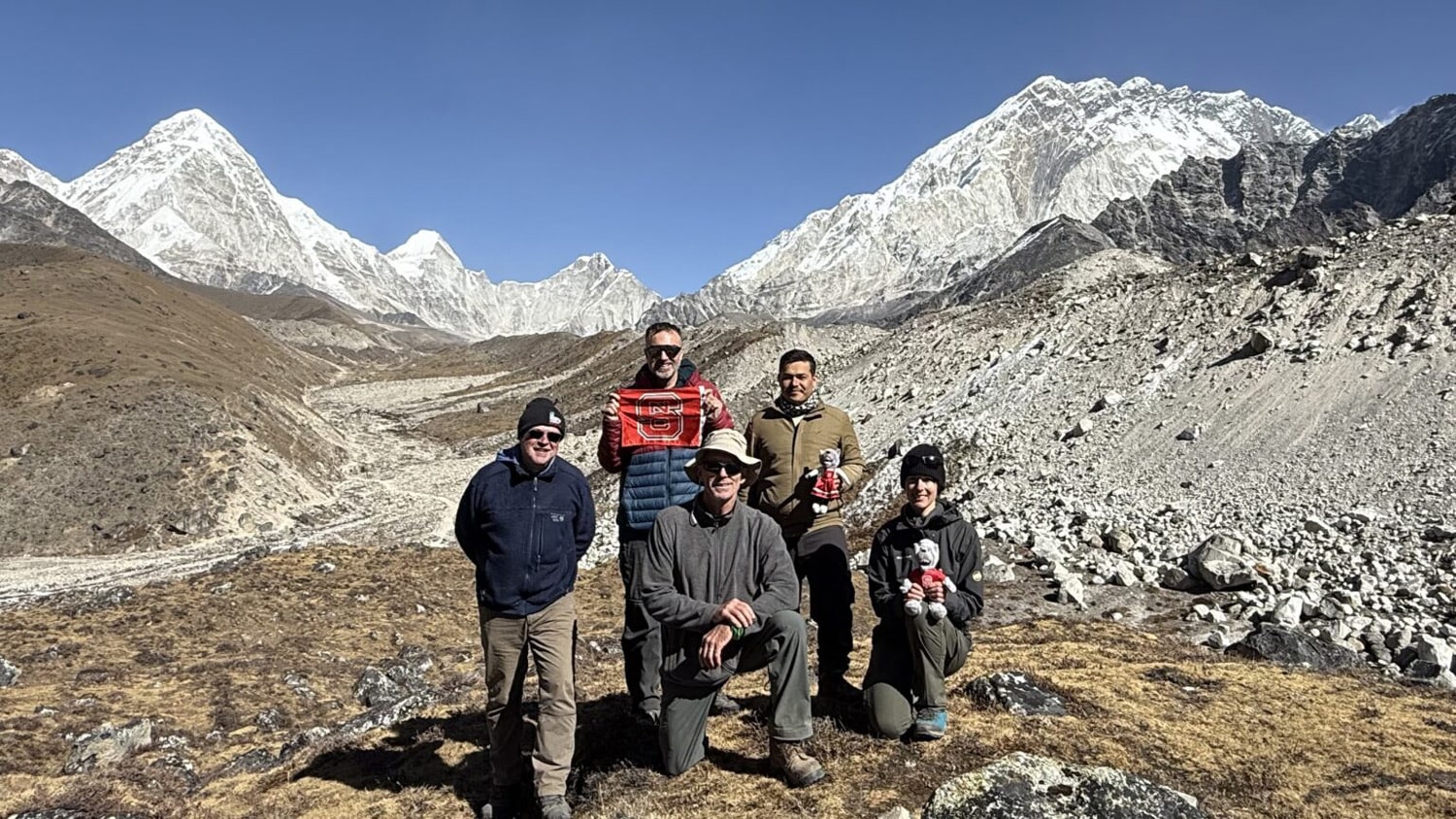Not Yet Graduated, Already a Mentor

When Mia de los Reyes was a child, she had lots of questions.
“Why is the sky blue?” she’d ask her father. Instead of answering, he’d turn the question around.
“Why do you think it’s blue?”
The little girl would think about it and come up with an answer. Usually it was wrong, but the back and forth forced her to more closely study the world around her to come up with the correct answer. A solution.
But de los Reyes also loved books. She was taught to read by her mother, who instilled in her an appreciation of clear communication on even the most difficult of scientific topics.
That well-rounded background has shaped de los Reyes’ exceptional academic career at NC State. The senior physics and mathematics major has piled up research accomplishments and academic honors — the Park, Goldwater and Astronaut scholarships among them — and added another highlight this January, when she became NC State’s first Churchill Scholar and one of only 15 recipients nationwide. She will use the scholarship to pursue a one-year master’s degree in astronomy at the University of Cambridge beginning this fall.
But with a computer scientist for a mother and an NC State environmental engineer for a father, de los Reyes knows she’s been lucky. So she devotes a lot of time to helping other female students succeed in the sciences.
“I’ve been able to go to good schools and win scholarships. But the people who win awards generally keep winning awards, and I don’t think that’s fair,” she said. “So I think it’s my responsibility to give back to the people who aren’t here yet.”
To do so, she’s volunteered with the Wake Young Leadership Academy, where she coached middle-school girls competing in the Science Olympiad competition. She also co-founded the Serious About Math and Science Club at Raleigh’s Enloe High School, where she started her high school career, and mentors other women in physics at NC State.
De los Reyes also leads by example, especially as an undergraduate researcher. She’s worked on supernova turbulence. She’s studied how polymers fold into tubes and sheets. And she spent the past two summers working with the giant particle accelerators at CERN, the European Organization for Nuclear Research.
But she is most fascinated by the evolution of galaxies. Her 2014 work in that area turned into a paper published in The Astronomical Journal for which she was the first author. She plans to continue that type of work in graduate school.
Meanwhile, she’ll continue mentoring other female science students. This fall, she was having dinner with a first-year physics student who asked de los Reyes’ opinion about her academic progress. De los Reyes told her she was doing great.
The conversation reminded her of her own internal struggles — like when she’s beating herself up for getting a B. Positive reinforcement helps her feel better.
“You shouldn’t have to worry if you’re good enough,” de los Reyes said.
- Categories:


